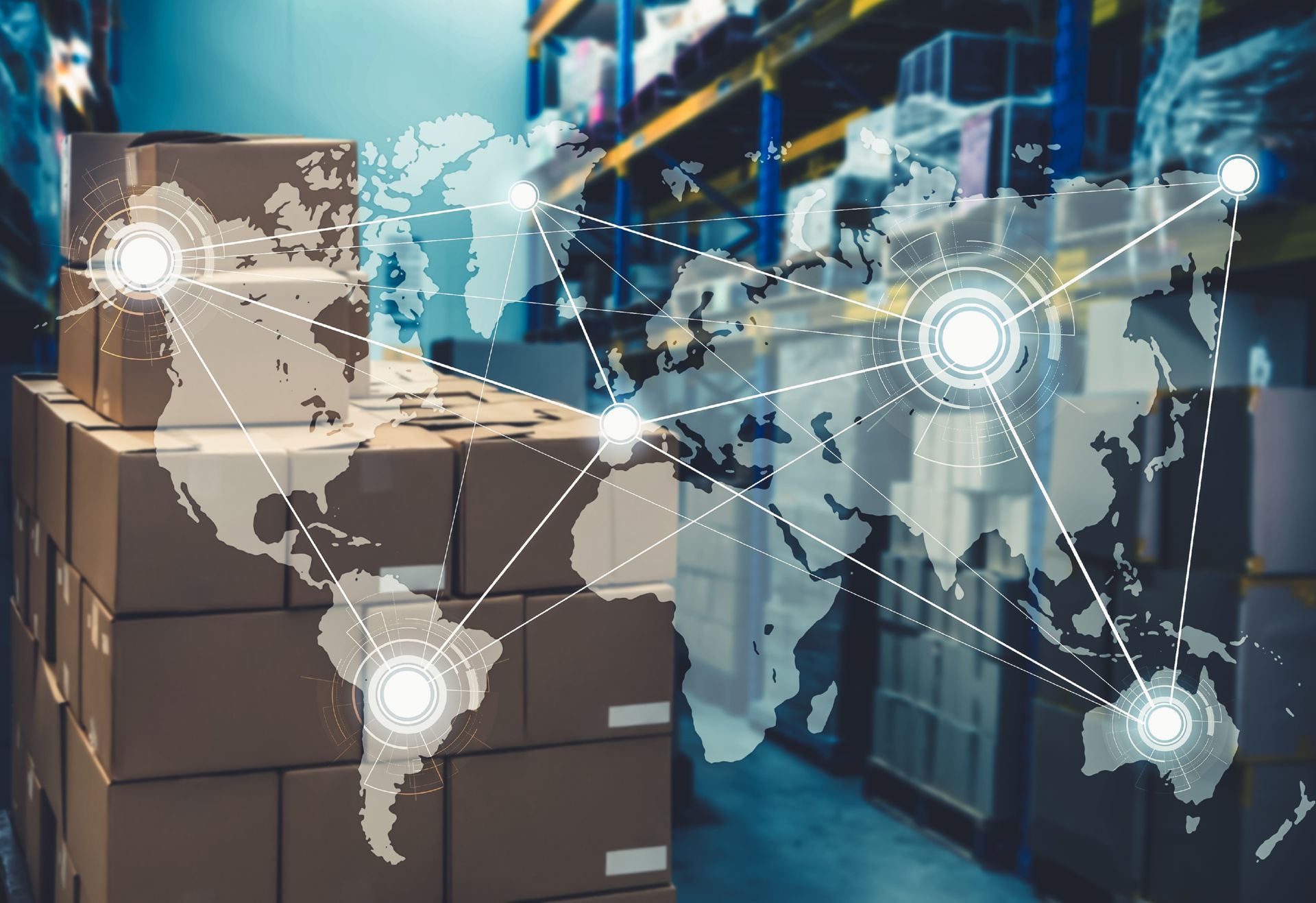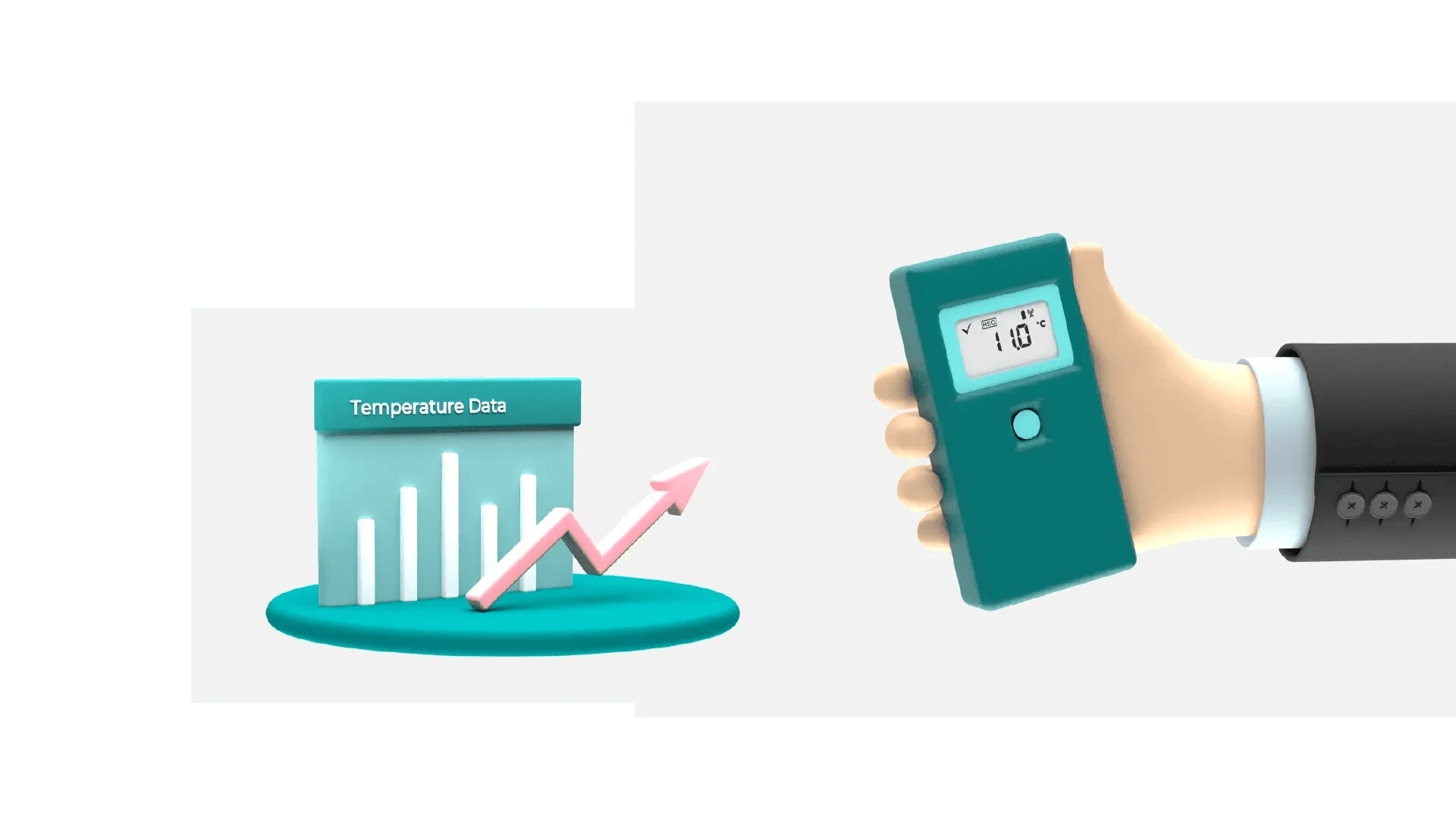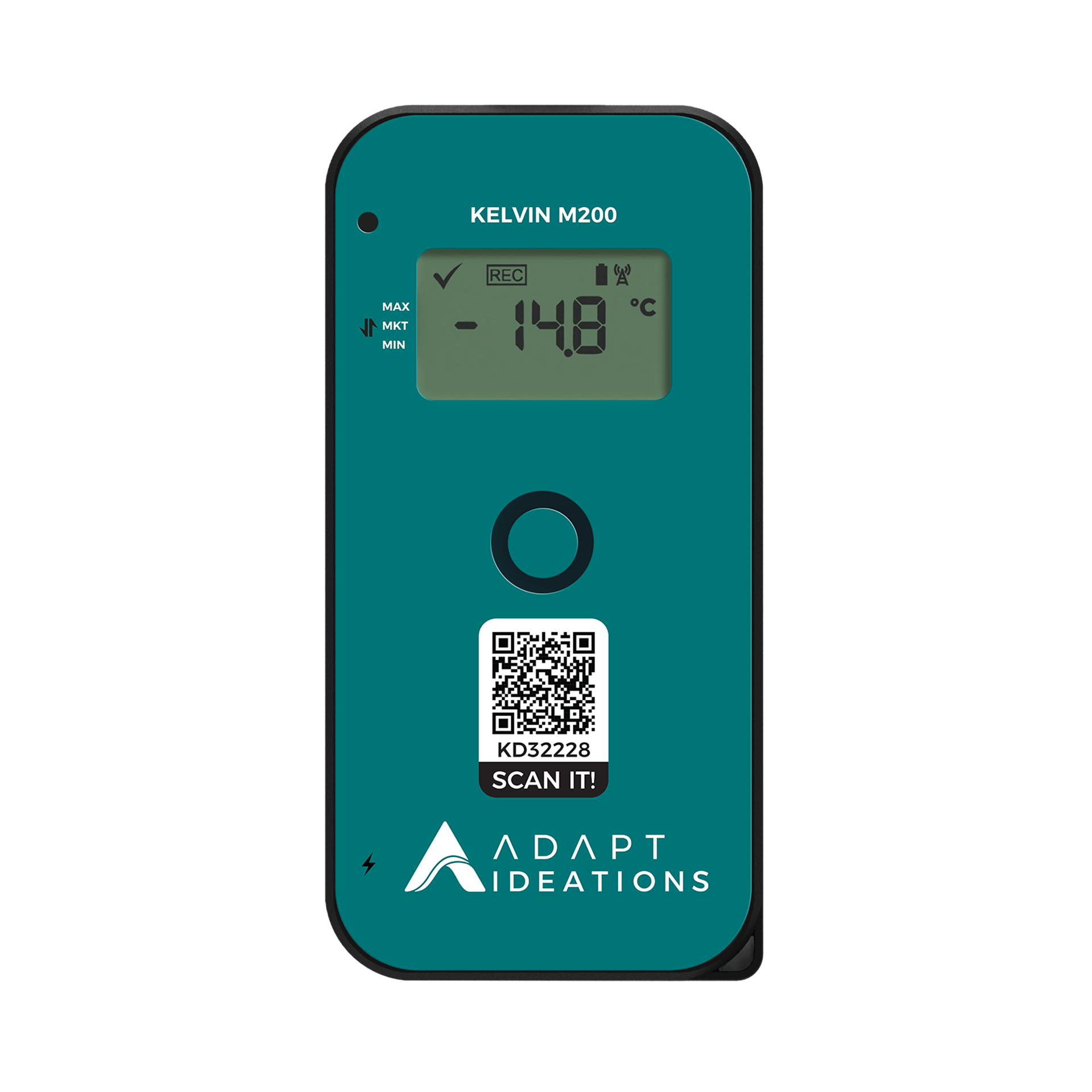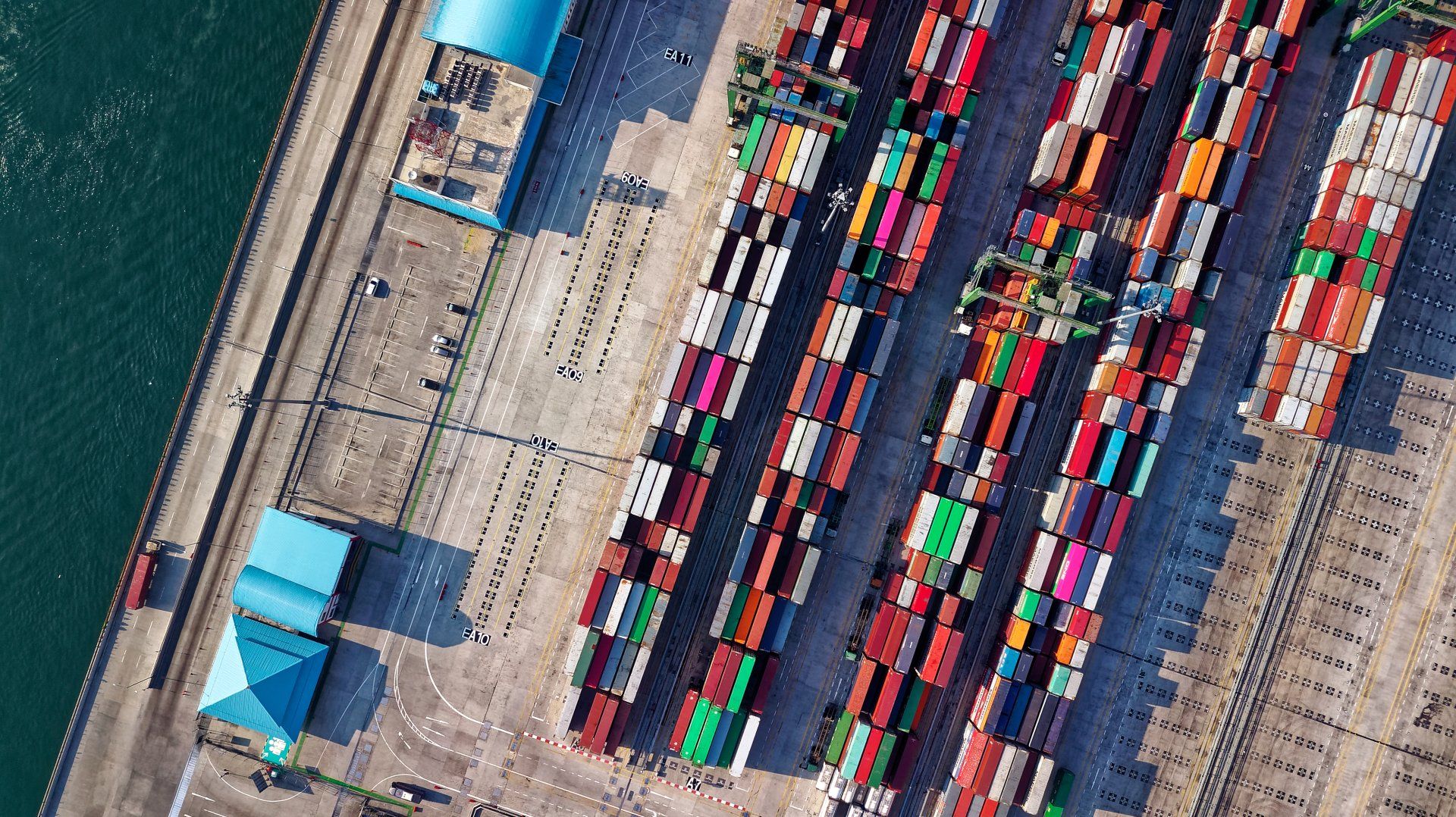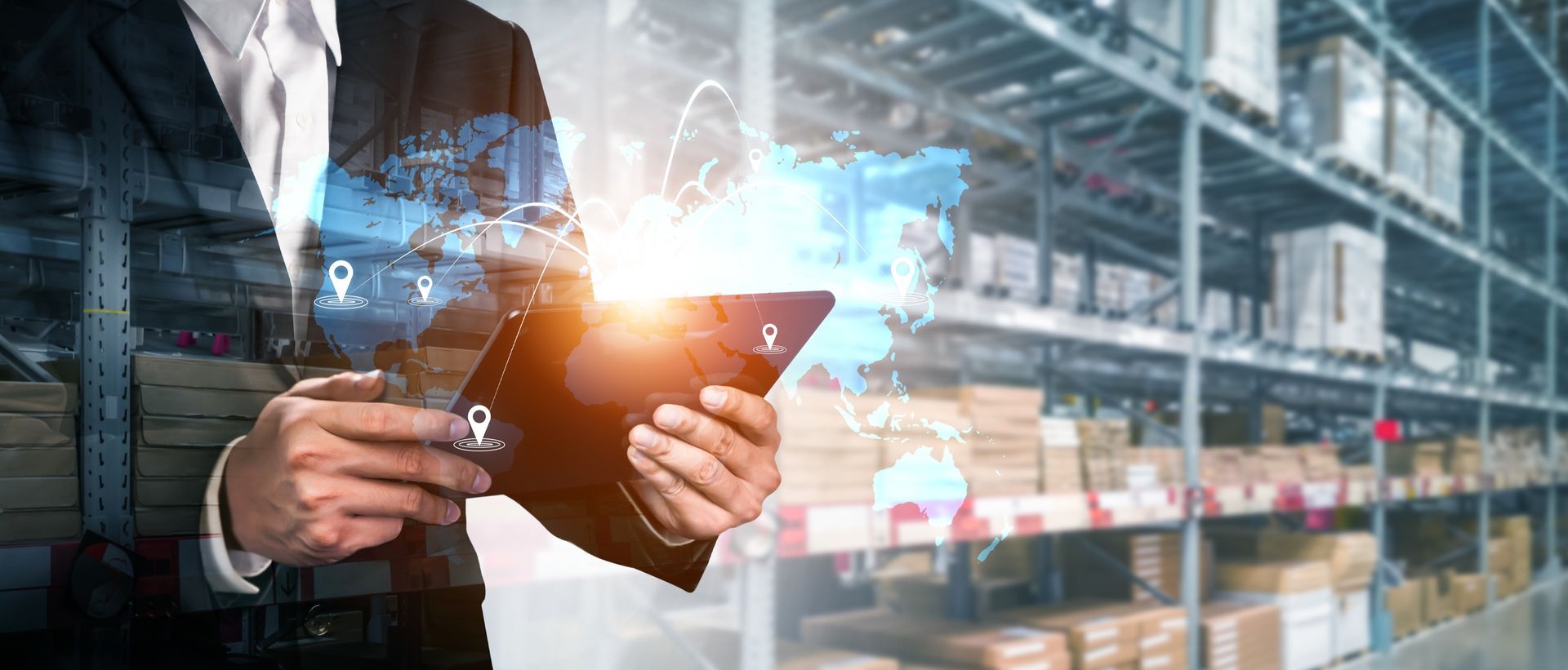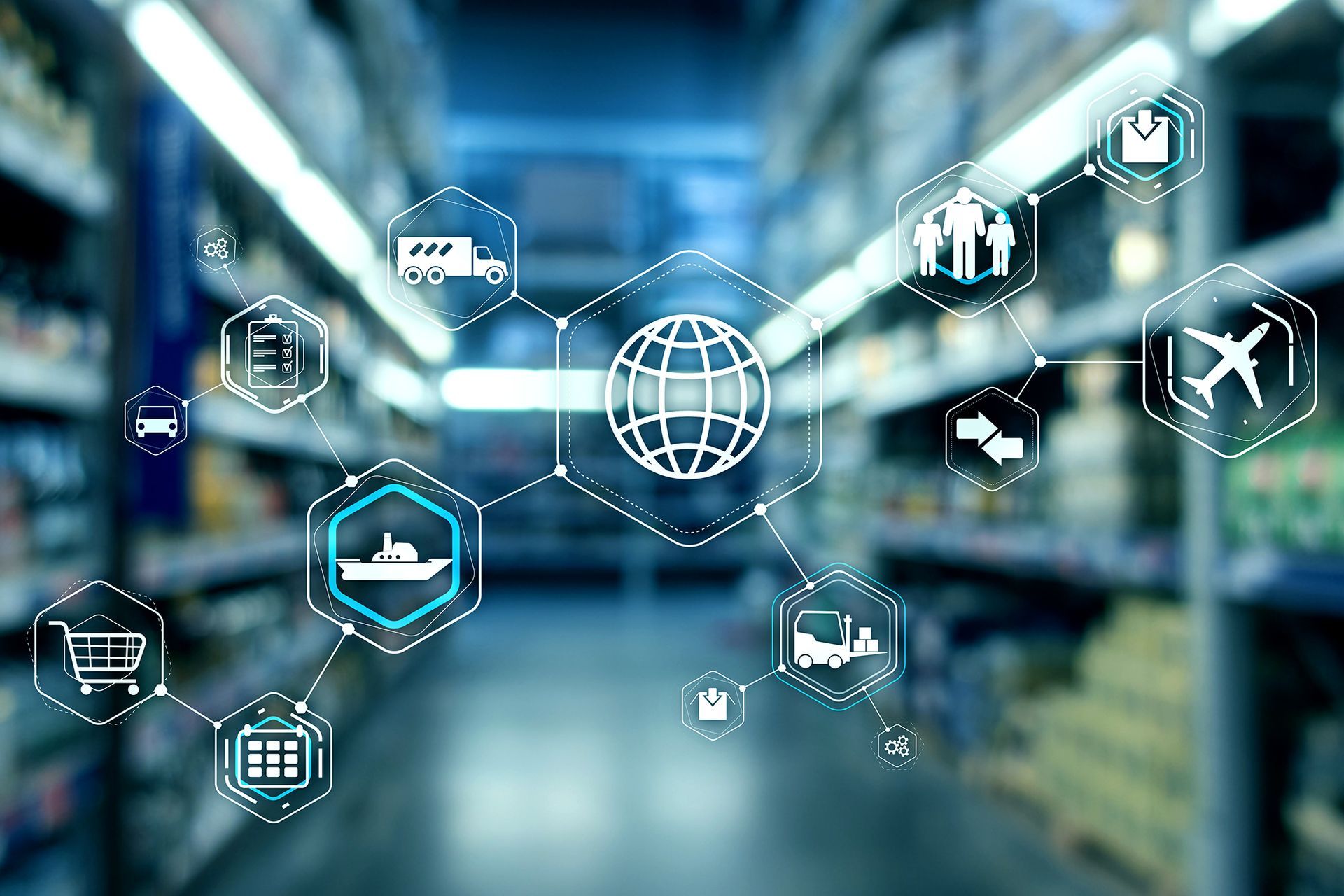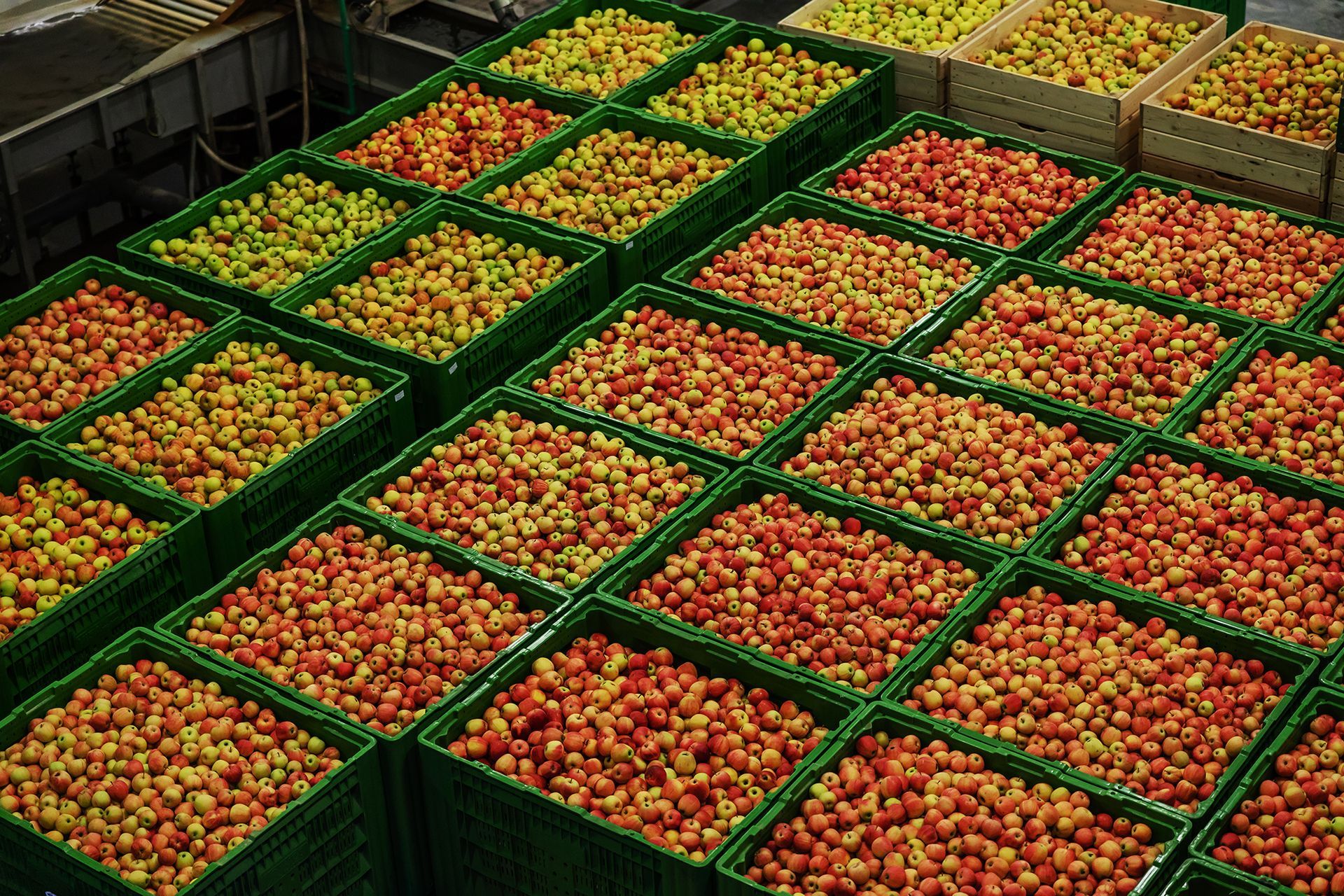The Impact Of The Internet Of Things On The Greater Supply Chain
Using IoT For A Greater Supply Chain Efficiency.
The
Internet of Things (IoT) has revolutionised many aspects of our lives, from smart homes to wearable technology. However, one area where IoT is having a particularly significant impact is
global supply chains. A supply chain is the network of businesses, people, and activities involved in the creation and delivery of a product, from raw materials to the end customer. IoT technology has the potential to transform this complex web of processes, making it more efficient, cost-effective, and transparent. In this blog post, we will explore the
impact of IoT on the greater supply chain.
Improved Efficiency
IoT sensors can provide real-time data on the location and status of goods, enabling businesses to track and manage their inventory more efficiently. For example, RFID (radio-frequency identification) tags can be attached to individual items or pallets, allowing businesses to monitor their movement throughout the supply chain. This enables them to identify bottlenecks or inefficiencies and take corrective action quickly. Similarly, IoT-enabled sensors can be used to monitor the performance of equipment, such as trucks and forklifts, to ensure they are operating at peak efficiency. By using IoT technology to optimise supply chains, businesses can reduce waste, improve productivity, like OTIF performance, and ultimately increase profitability.
Cost Savings
In addition to improving efficiency, IoT can also help businesses save money. For example, by monitoring equipment performance and identifying maintenance needs early, businesses can reduce downtime and prevent costly breakdowns. Similarly, by using real-time data to optimise inventory management, businesses can reduce the amount of stock they hold, freeing up valuable warehouse space and reducing the cost of carrying inventory. IoT technology can also help businesses reduce energy costs by monitoring usage and identifying areas where consumption can be reduced.
Increased Transparency
One of the key benefits of IoT in the supply chain is the increased transparency it provides. By tracking goods and equipment in real-time, businesses can provide customers with accurate delivery estimates and keep them informed of any delays or issues. This level of transparency not only improves customer satisfaction but also helps businesses build trust with their partners and suppliers. IoT technology can also help businesses comply with regulatory requirements, such as food safety regulations or environmental standards, by providing real-time data on the location and condition of goods.
Supply Chain Optimisation
IoT technology can be used to optimise the supply chain in a variety of ways. For example, by using predictive analytics to forecast demand, businesses can ensure they have the right amount of stock in the right location to meet customer needs. Similarly, by using IoT-enabled sensors to monitor temperature and humidity levels, businesses can ensure that goods, such as food or pharmaceuticals, are stored and transported under the correct conditions. This helps prevent spoilage or damage to goods, reducing waste and improving product quality.
Challenges Of IoT In The Supply Chain
While IoT technology has the potential to transform supply chains, it also presents some challenges. One of the biggest challenges is the complexity of supply chains itself. Supply chains involves many different players, including manufacturers, suppliers, distributors, retailers, and customers, each with their own systems and processes. Integrating IoT technology into this complex network requires careful planning and collaboration to ensure that all stakeholders can access and use the data effectively.
Data security
IoT sensors generate large amounts of data, much of which is sensitive and confidential. Ensuring that this data is kept secure and protected from cyber threats is essential. This requires robust cybersecurity measures, such as encryption and firewalls, as well as employee training to ensure that data is handled responsibly and ethically.
Finally, there is the challenge of interoperability. IoT technology is constantly evolving, and there are many different standards and protocols in use. Ensuring that IoT devices and systems can communicate effectively with each other is essential to realising the full potential of IoT in the supply chain.
Share Our Post.
Awards & Recognition
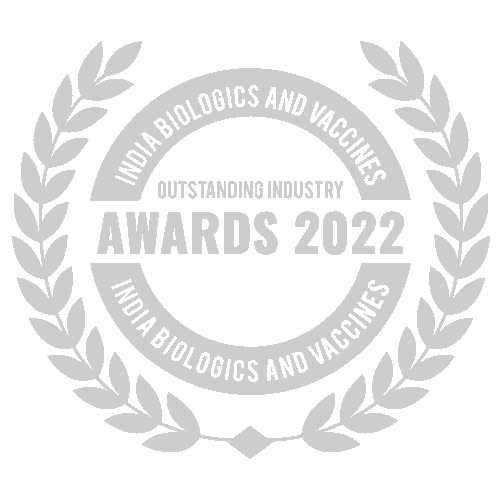
Best Temperature Monitoring Solution Provider
Awarded by India Biologics & Vaccines Outstanding Industry Awards 2022
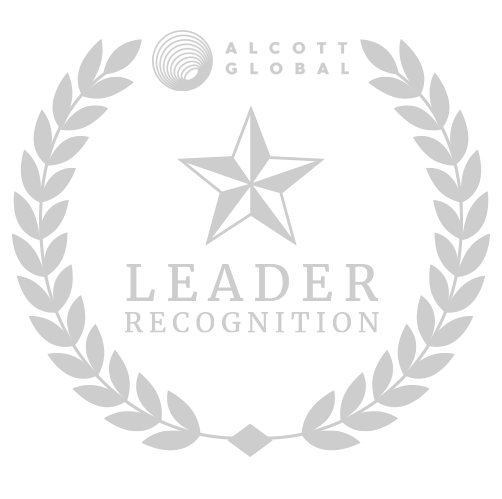
Adapt Ideations Recognised As A Supply Chain Leader
by Alcott Global on Supplify's Supply Chain Tech Map 2.0
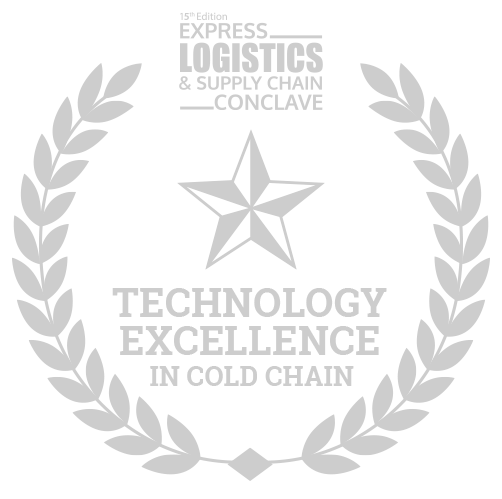
Related Articles.

